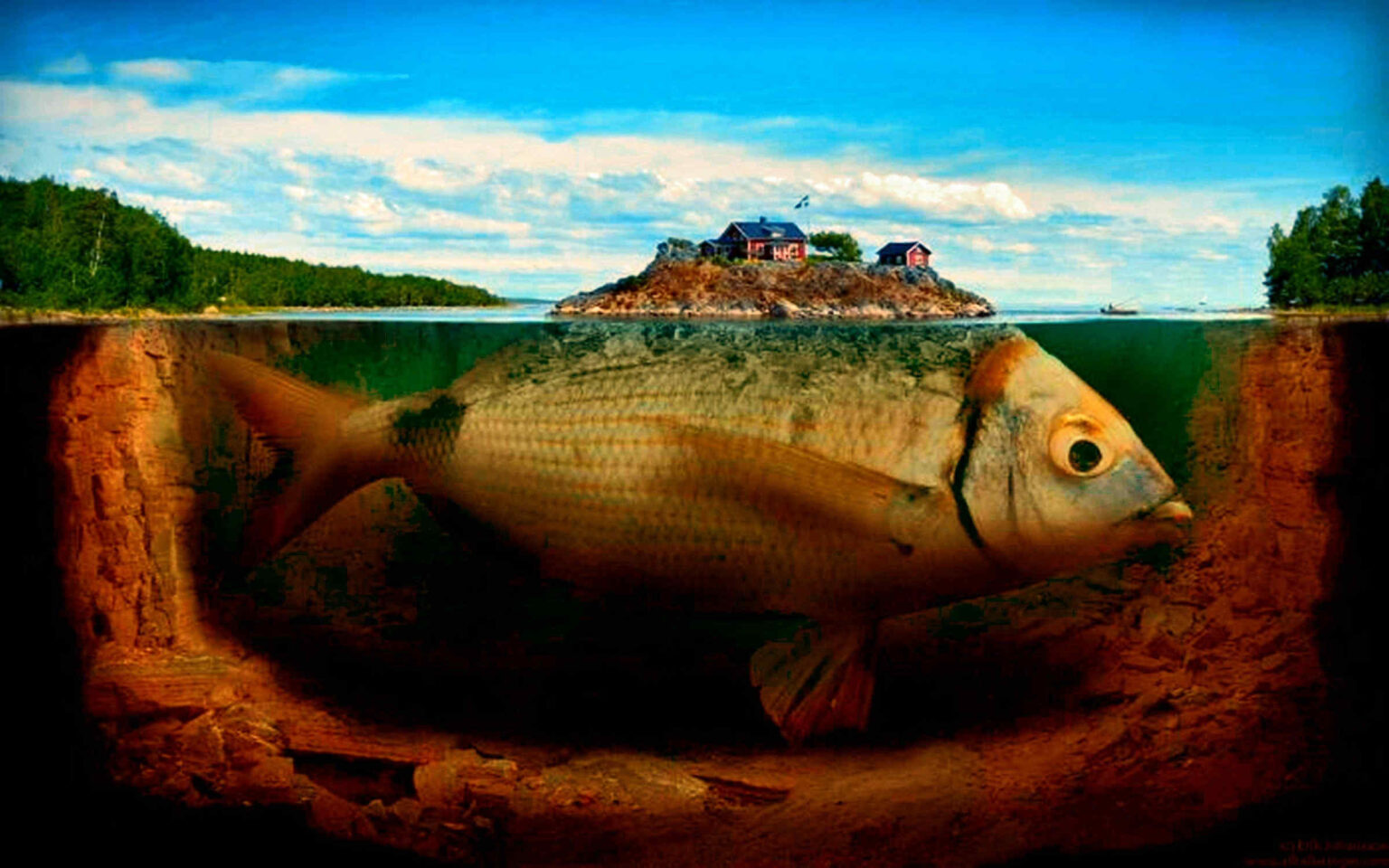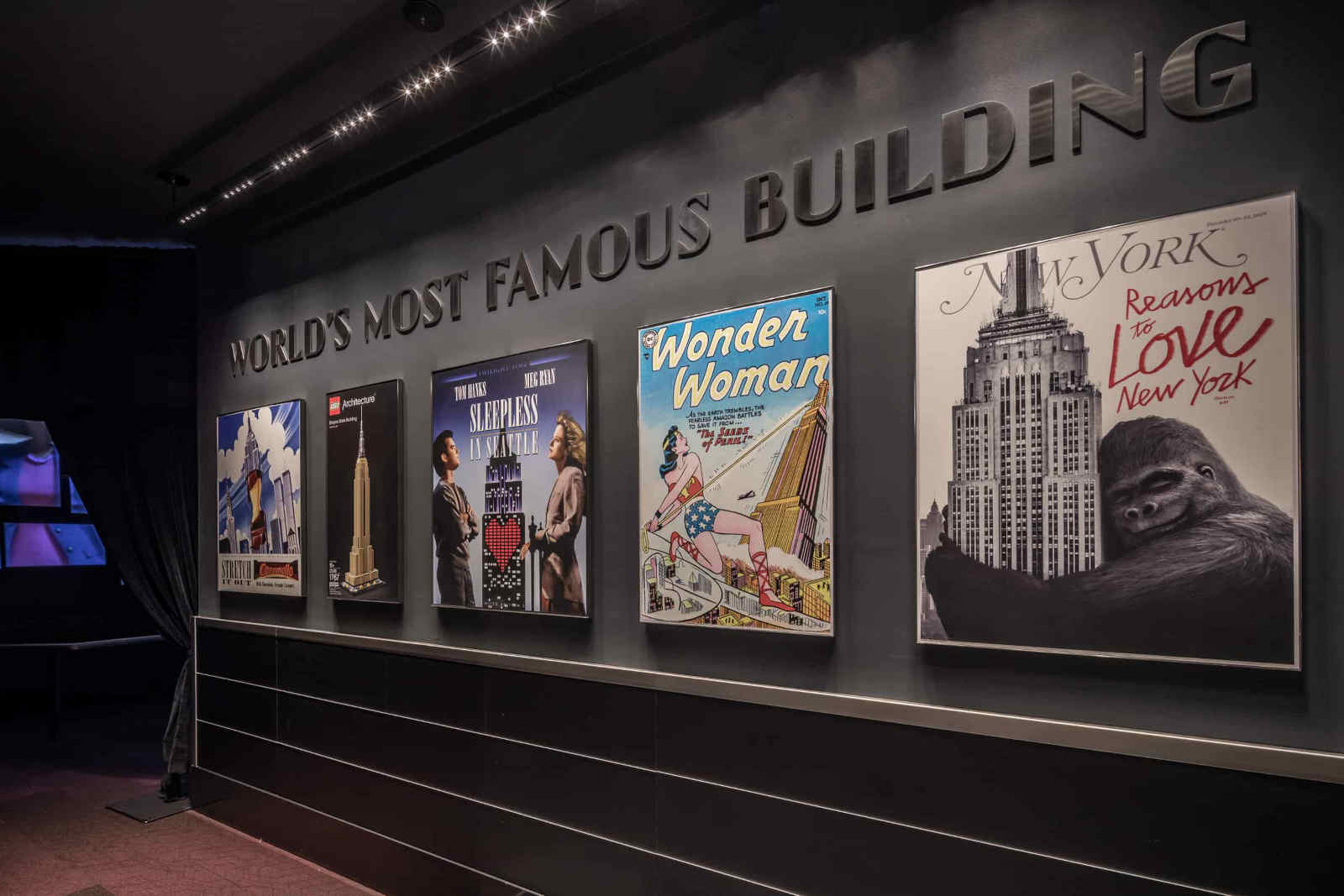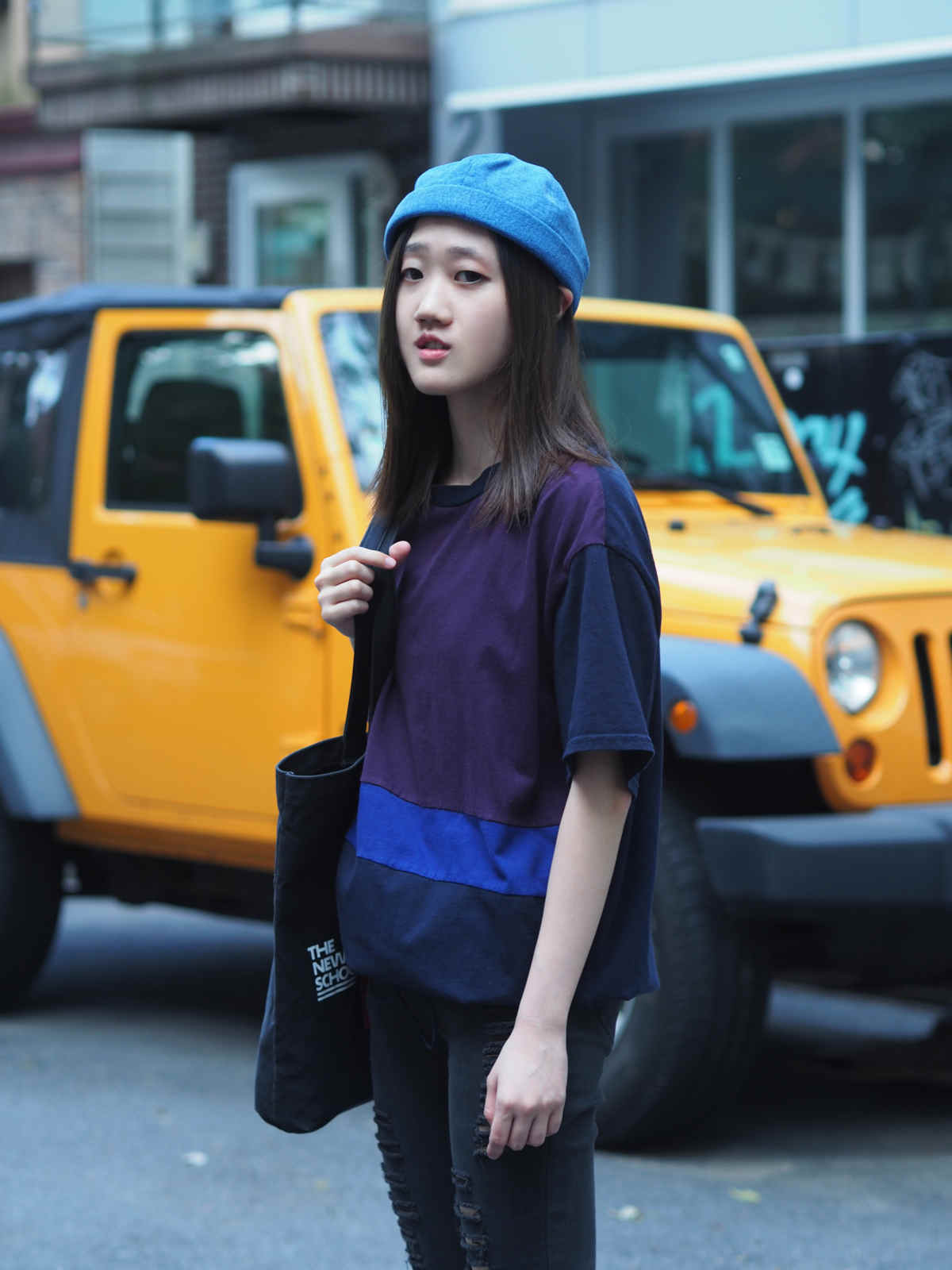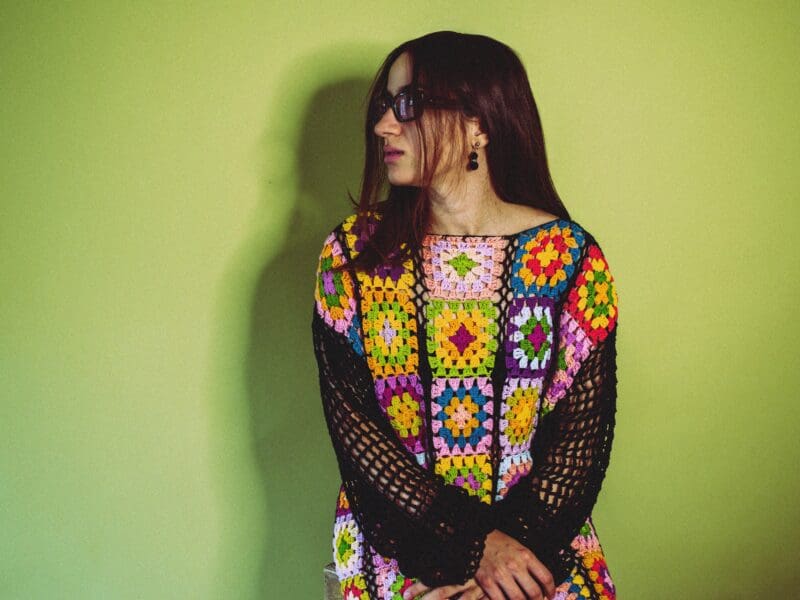
Artist Interview: How Yu Jen Chen Built Her Magical Realism
Yu Jen Chen, the talented artist from Taiwan, has brought a bunch of surprising artworks to the design industry. By perfectly merging reality and imagination, Chen is extremely good at presenting a movie-like world that’s full of magic to achieve interaction with the audience, establishing her unique magical realistic tone.

Q: What made you choose to become a motion graphic designer?
A: I have always been interested in animation as a kid. Whenever I got a DVD or Blu-Ray, I couldn’t wait to watch the behind-the-scenes section of how these magnificent motion and images were made and learn about the thought process of the creators.
With the love of art and the belief that art can be used to drive results instead of expressing oneself. I choose design as my career path. At first, I was uncertain about what kind of designer I wanted to be. I tried user interface design, website design, branding, and more.
However, after I encountered motion design, I found that I can create illustrations and get to think about the story and composition when I perform motion design, just like what I have always loved and been interested in as a kid. That’s why I chose to focus on motion graphic design in the end.

Q: What are some of your most memorable or interesting projects?
A: There are two freelance projects that are memorable to me. One is the animation of the Empire State Building projection for Squint Opera. This project took us about 2-3 months to complete, and it was displayed at the Empire State Building observatory experience.
The other one was the icon, logo, and branding animations I did for a company at Landor. These are two of my best works at the beginning of my career after graduating from Parsons, which is why they’re special to me.

(Animation of the Empire State Building, By Photographer Evan Joseph)
Q: How would you define your style?
A: I think my style could be considered magical realism. I like to add my own imagination on top of reality. My design is inspired by the objects and events we encountered in life as well as the emotions and doubts they evoke. That is a magic realistic style to me.
For example, the story of my personal project 2070: The Singularity and The New God, is about the daily devices and technology we are using. What if ASI (Artificial Super Intelligence) occurred? What will it think of humans? Will some convenient technologies like IoT (internet of things) turn into weapons that can secretly eliminate all human beings?
I visualized all these doubts and anxieties in the short film with scenes that blurred fantasy and reality and the use of abnormal color combinations on objects that we are familiar with.

Q: As a designer, have you ever been questioned or dismissed? How did you handle those negative voices?
A: Sometimes people think my animation design is incredible in terms of composition, but the movement is not smooth enough. In the motion design industry, a lot of time style frame design and animation are two separate roles. I think I might have to choose one to focus on. However, I am passionate about both scenes creating and animating.
It might take more time for me to make both skills equally good. Another critical comment that I received is some doubt about if I can design to convey a given script since most of the work I present is my own creation, which is not true at all. I have worked with art directors and others on a lot of projects.
For example, when I did Iterate: Ten Lessons in Design and Failure, I had a way to interpret other people’s texts into illustration. I guess one reason that made some have such doubt is that sometimes I am not sure if I can show a client’s work without asking for permission. Secondly, I am passionate and prolific in creating illustrations and motion on my own.

(Yu Jen Chen)
Q: What do you think is the most enjoyable part of the most important part for you in the process of design?
A: What I enjoy most is the process of researching and collecting information and then translating it into images. For example, when I was building a city scene, I would search for its history, iconic objects, and how people in the city feel about living there and then find a way to specialize or visualize it to blend with my own style.
The next step is conceiving various colors and exploring how to use different color combinations to manifest the emotion I want the audience to feel. And finally, there are the transitions, like how to make the configuration of people, objects and environment look more harmonious, how to make the image more dramatic and the expression more intense.






